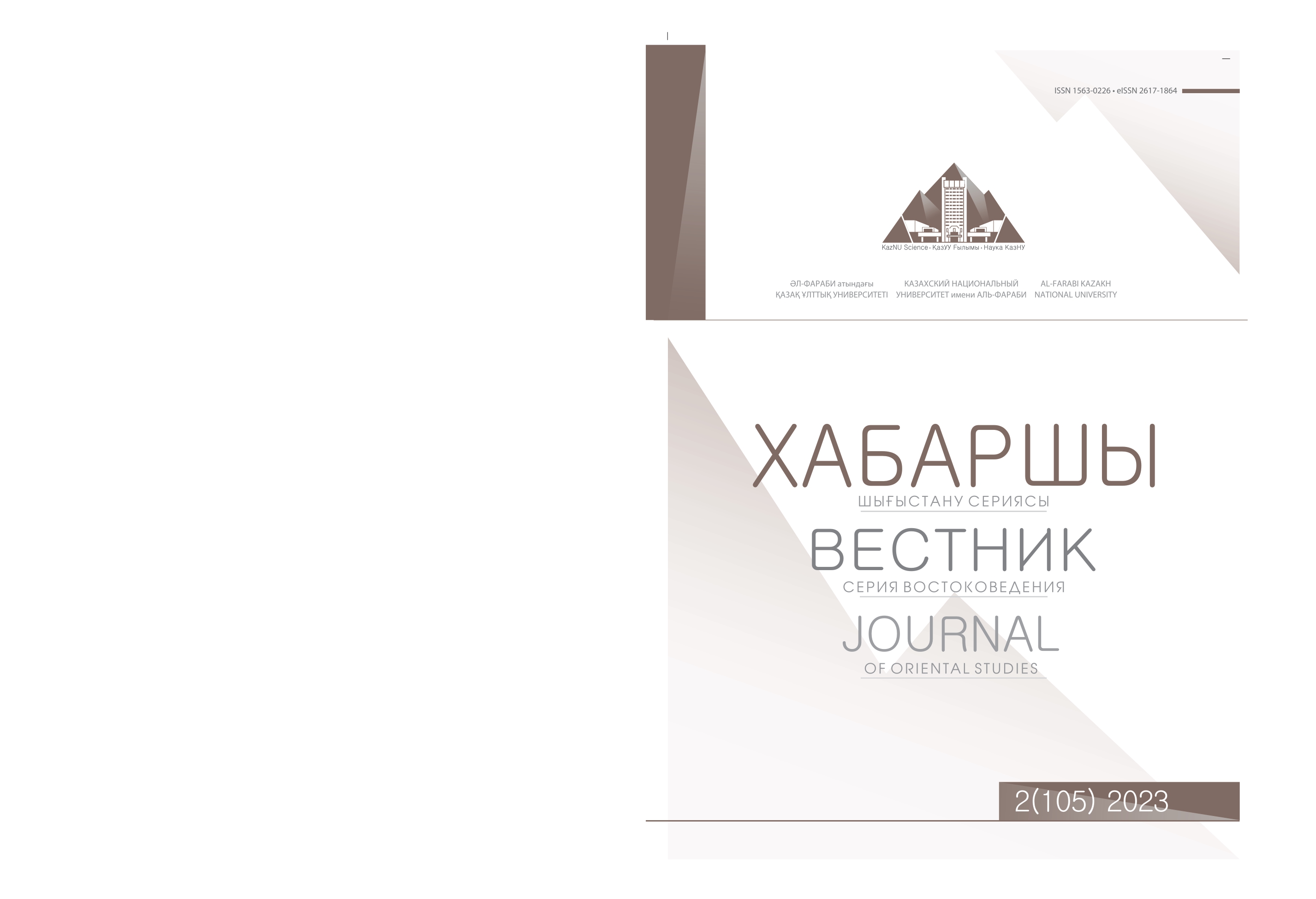AUTOMATA TECHNOLOGY IN THE MEDIEVAL ISLAMIC WORLD AND ITS INFLUENCE ON KOREA
DOI:
https://doi.org/10.26577/JOS.2023.v105.i2.011Abstract
Abbasid caliphs in the Islamic world systematically encouraged the translation of ancient Greek books on science and technology in large numbers. And in this process, knowledge related to automata also spread in the Islamic world. The leading Greek scholars who touched on the development of automata in the Islamic world were Philo of Byzantium and the Hero of Alexandria. Philo's book "Pneumatics" was translated into Arabic in Baghdad. Meanwhile, the works of the Hero, including The Mechanic, were translated into Arabic with the Greek physician Kusta ibn Luka (820–912) in the IX analysis. The Kitab al-Khiyal ("Book of Ingenious Devices") by Banu Musa bin Shakir (9th century) was one of the foundational texts for the development and systematic study of automatic devices in the Islamic world. The book was commissioned by the Abbasid Caliph Al-Ma'mun, who commissioned Ban Musa to acquire all the Hellenistic texts that were preserved by monasteries and scholars during the decline and fall of Roman civilization. The purpose of the article is to show the ways of development and subsequent influence of Islamic technologies on other cultures and civilizations. To do this, the author studied and translated a number of original sources in various languages of the East.
Keywords: Islamic civilization, technology, Hellenistic texts, automatic devices, water clock.














